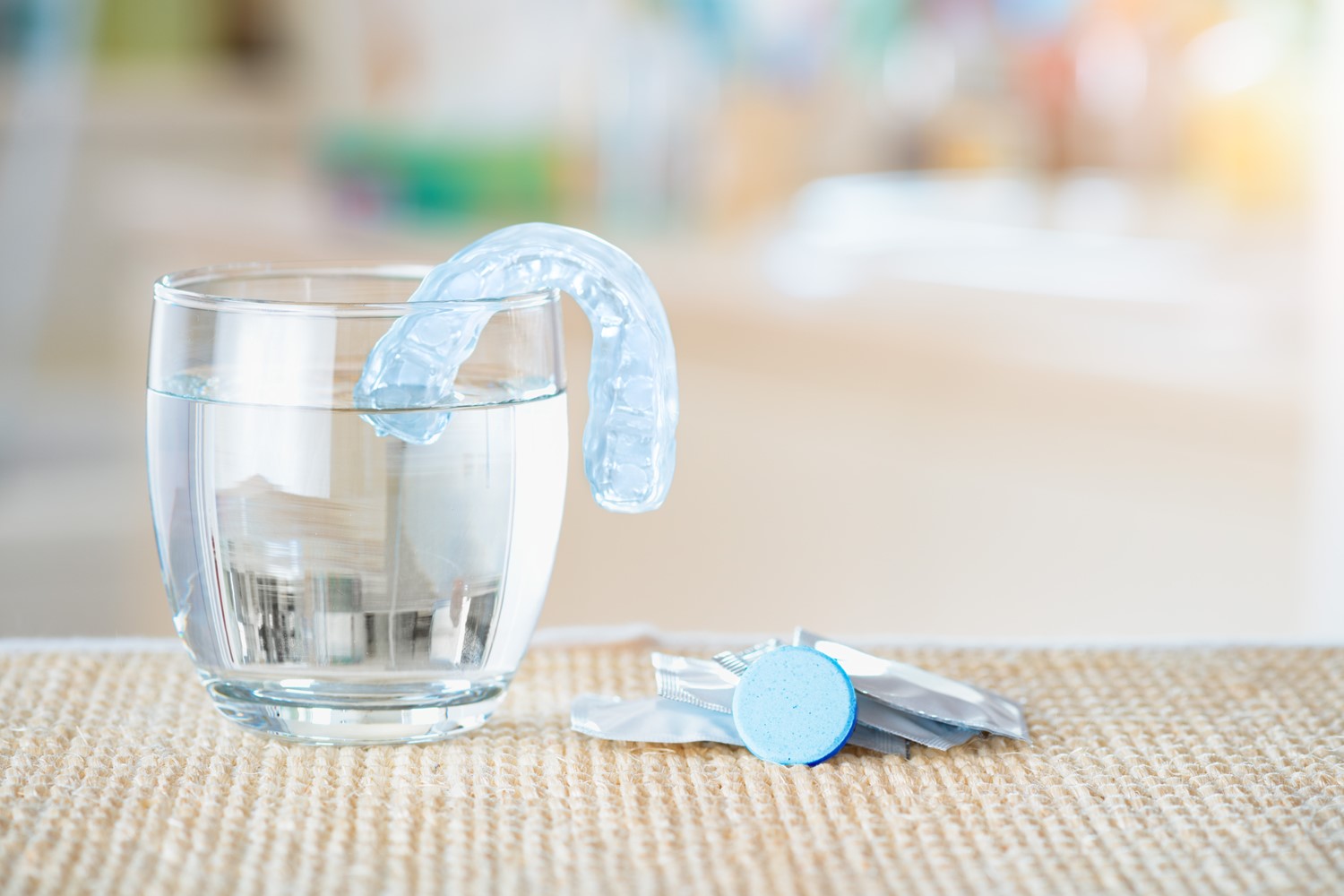A full mouth extraction is when a trained professional removes all your remaining teeth to prepare the mouth for denture implants. It’s a necessary operation if you wish to get a set of full dentures.
Unfortunately, for most people, the idea of having their teeth ripped out of their mouth is terrifying. However, it’s often not as bad as you think, especially if you know what to expect.
Read on to find out what happens after a full mouth extraction.
Immediately after the operation
Immediately after full mouth extraction, the dentist will ask you to wear immediate dentures.
These dentures will act as your dentures for the next several months as your oral cavity will typically take that long to heal. Keep in mind that this will add to the total cost of the operation.
If you’re wondering, “How much does a full set of dentures cost?”, it’s typically in the range of AUD$2,000 to AUD$4,000 when you count the immediate dentures. However, it’s often worth it as immediate dentures allow you to live as you would when you still had teeth. You won’t show up in public without teeth, nor will you struggle to speak or chew due to the lack of teeth.
However, note that immediate dentures usually wouldn’t fit perfectly in your mouth as your oral cavity changes shape periodically. This is also why dentists wait for your gums to fully heal before taking measurements for the permanent dentures. Wear your immediate dentures at all times during the first 24 hours after the operation.
Before the full mouth extraction, dentists will administer general anesthesia to alleviate the inevitable swelling and soreness that may take place during and after the operation. The effects may last for up to 24 hours. Therefore, you likely won’t feel any discomfort during the day of the operation, though the same cannot be said for the following day.
One day after the operation
The soreness, pain and discomfort usually kick in the day after the surgery, though it’s often not severe. However, sore spots may develop around your oral cavity, which can get worse over time.
Denture sores are caused by ill-fitting dentures, though sore spots can still develop in perfect-fitting dentures in areas where the gums are thin. Fortunately, your dentist can adjust the immediate dentures to better fit those sore spots. Hence, if you suspect there’s a sore spot in your oral cavity, call your dentist right away. It should be fine to remove the dentures at this point, and it’s actually something you must do regularly.
Weeks after the operation
Your experience weeks after the operation will be almost the same as what you experienced on day 1. Coping with swelling, bleeding, soreness, and discomfort will almost always be a part of your daily routine. You may also produce more saliva than usual during this period.

That’s why dentists suggest following a set of rules that would minimise these unpleasant experiences. Below are some tips to help you breeze through the process:
- When experiencing bleeding, close your mouth tightly to apply pressure to the dentures.
- In the first week, eat food that doesn’t require much chewing.
- Remove the dentures every night and soak them in a denture cleanser.
- Drink plenty of fluids, but not when the gums are bleeding.
- When experiencing severe swelling, place an ice bag on your cheeks for 20 minutes.
- Maintain proper dental hygiene, but refrain from brushing too roughly. (3)
Not only will these minimise the swelling, soreness, and discomfort, but they can also speed up the recovery process of your gum tissues. But don’t be afraid to call your dentist if you feel something’s not right.
One month after the operation
A month after the operation, you’d most likely have already adjusted to the immediate dentures. It should be smooth sailing from this point on, as the swelling, soreness, and discomfort will be to the minimum. Bleeding also shouldn’t occur as frequently as it did during the first week. Of course, you must still follow the aforementioned tips to speed up the healing process.
Three to six months after the operation
It typically takes three to six months for the entire oral cavity to fully recover. Of course, there may be outliers that take as quick as one to two months or as long as eight months.
Parting words
Full mouth extraction with immediate dentures may add to the cost of full dentures, but it’s often worth every penny as it allows you to live normally after the operation. Maintain proper dental hygiene even with dentures. Doing so will prolong their lifespan as well as minimise the likelihood of irritation that comes from unmaintained dentures.
References:
- “Immediate Dentures”, Source: https://dentistry.uiowa.edu/immediate-dentures
- “How to Get Rid of Denture Sores?”, Source: https://www.fixodent.co.uk/en-gb/advice-tips/living-with-dentures/problems-with-dentures/how-to-get-rid-of-denture-sores
- “Patient Instructions For Immediate Dentures”, Source: https://www.drrosannamasciadri.com/wp-content/uploads/2016/11/Patient-Instructions-for-Immediate-Dentures.pdf







2 Comments